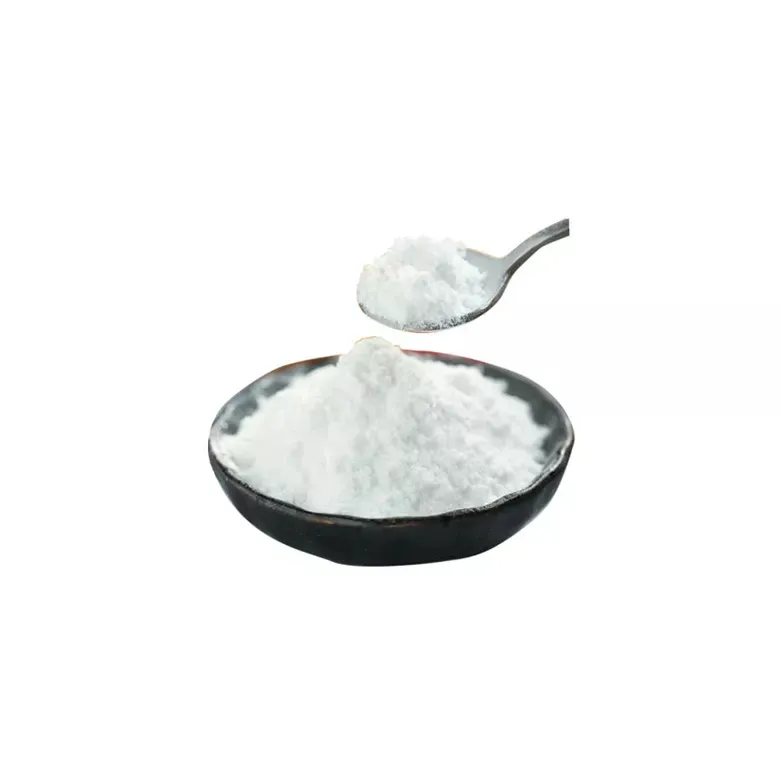Warning: Undefined array key "title" in /home/www/wwwroot/HTML/www.exportstart.com/wp-content/themes/1198/header.php on line 6
Warning: Undefined array key "file" in /home/www/wwwroot/HTML/www.exportstart.com/wp-content/themes/1198/header.php on line 7
Warning: Undefined array key "title" in /home/www/wwwroot/HTML/www.exportstart.com/wp-content/themes/1198/header.php on line 7
Warning: Undefined array key "title" in /home/www/wwwroot/HTML/www.exportstart.com/wp-content/themes/1198/header.php on line 7
- Afrikaans
- Albanian
- Amharic
- Arabic
- Armenian
- Azerbaijani
- Basque
- Belarusian
- Bengali
- Bosnian
- Bulgarian
- Catalan
- Cebuano
- China
- China (Taiwan)
- Corsican
- Croatian
- Czech
- Danish
- Dutch
- English
- Esperanto
- Estonian
- Finnish
- French
- Frisian
- Galician
- Georgian
- German
- Greek
- Gujarati
- Haitian Creole
- hausa
- hawaiian
- Hebrew
- Hindi
- Miao
- Hungarian
- Icelandic
- igbo
- Indonesian
- irish
- Italian
- Japanese
- Javanese
- Kannada
- kazakh
- Khmer
- Rwandese
- Korean
- Kurdish
- Kyrgyz
- Lao
- Latin
- Latvian
- Lithuanian
- Luxembourgish
- Macedonian
- Malgashi
- Malay
- Malayalam
- Maltese
- Maori
- Marathi
- Mongolian
- Myanmar
- Nepali
- Norwegian
- Norwegian
- Occitan
- Pashto
- Persian
- Polish
- Portuguese
- Punjabi
- Romanian
- Russian
- Samoan
- Scottish Gaelic
- Serbian
- Sesotho
- Shona
- Sindhi
- Sinhala
- Slovak
- Slovenian
- Somali
- Spanish
- Sundanese
- Swahili
- Swedish
- Tagalog
- Tajik
- Tamil
- Tatar
- Telugu
- Thai
- Turkish
- Turkmen
- Ukrainian
- Urdu
- Uighur
- Uzbek
- Vietnamese
- Welsh
- Bantu
- Yiddish
- Yoruba
- Zulu
Верас . 29, 2024 01:03 Back to list
Understanding Aspartame and NutraSweet Benefits and Differences for Sweetener Choices
Aspartame Understanding Equal and NutraSweet
Aspartame, an artificial sweetener, is widely known under various brand names, including Equal and NutraSweet. With the increasing demand for low-calorie and sugar-free options in the food industry, aspartame has carved a significant niche for itself. This article will explore the origins, benefits, safety, and common misconceptions associated with aspartame, providing a comprehensive understanding of this controversial sweetener.
Origins of Aspartame
Aspartame was discovered in 1965 by chemist James M. Schlatter while he was researching compounds for treating ulcers. His accidental discovery led to the development of one of the most extensively studied food additives in history. By the 1980s, aspartame obtained approval from the U.S. Food and Drug Administration (FDA) for use in dry goods and table-top sweeteners. Equal and NutraSweet are two of the most recognized brands that feature aspartame as their primary ingredient.
The Sweetness Factor
Aspartame is approximately 200 times sweeter than sucrose, the sugar commonly found in table sugar. This extraordinary sweetness means that only a small quantity is needed to achieve the desired flavor in food and beverages, making it an attractive option for those seeking to reduce sugar intake. Products sweetened with aspartame often appeal to health-conscious consumers, diabetics, and those aiming for weight loss.
The Benefits of Aspartame
One of the most significant benefits of aspartame is its low-calorie content. With fewer calories than sugar, it offers a way for individuals to enjoy sweetness without the added calories that come with traditional sweeteners. For those monitoring their weight or managing diabetes, aspartame can be a valuable tool in maintaining a balanced diet. It does not raise blood sugar levels, making it a suitable option for those needing to limit their carbohydrate consumption.
Additionally, aspartame is versatile; it can be found in various products, including soft drinks, yogurt, sugar-free gum, and even some medications. This broad range of applications allows consumers to enjoy the sweet taste without compromising their dietary restrictions.
aspartame equal nutrasweet

Safety and Regulatory Approval
Despite its popularity, aspartame has faced scrutiny and debate regarding its safety. However, numerous studies have shown that aspartame is safe for human consumption. Organizations such as the FDA, the European Food Safety Authority (EFSA), and the World Health Organization (WHO) have conducted thorough reviews of the available research, which consistently demonstrate that aspartame does not pose any significant health risks when consumed within established daily intake levels.
The FDA set an acceptable daily intake (ADI) for aspartame at 50 mg/kg of body weight, a threshold far exceeding typical consumption levels. Most individuals would need to consume an impractically large quantity of aspartame-sweetened products daily to approach this limit, which makes it highly unlikely for the average person to experience adverse effects.
Common Misconceptions
Despite the overwhelming evidence supporting its safety, aspartame is often surrounded by misconceptions. Some myths suggest a link between aspartame and serious health issues, such as cancer or neurological disorders. However, extensive research has debunked these claims, revealing no substantive scientific evidence to support such assertions.
It is essential for consumers to discern fact from fiction and rely on credible scientific data when considering the inclusion of aspartame in their diets. Education and awareness about artificial sweeteners can empower individuals to make informed choices about their food and beverage selections.
Conclusion
Aspartame, marketed as Equal and NutraSweet, continues to be a staple in the diet of many. With its low-calorie profile, versatility in food applications, and extensive regulatory approval, aspartame offers a solution to those looking for sweet alternatives without the guilt associated with sugar consumption. As with any food additive, moderation is key, and understanding the science behind aspartame can help dispel myths and encourage healthier choices in a balanced diet.
Latest news
-
Certifications for Vegetarian and Xanthan Gum Vegetarian
NewsJun.17,2025
-
Sustainability Trends Reshaping the SLES N70 Market
NewsJun.17,2025
-
Propylene Glycol Use in Vaccines: Balancing Function and Perception
NewsJun.17,2025
-
Petroleum Jelly in Skincare: Balancing Benefits and Backlash
NewsJun.17,2025
-
Energy Price Volatility and Ripple Effect on Caprolactam Markets
NewsJun.17,2025
-
Spectroscopic Techniques for Adipic Acid Molecular Weight
NewsJun.17,2025

